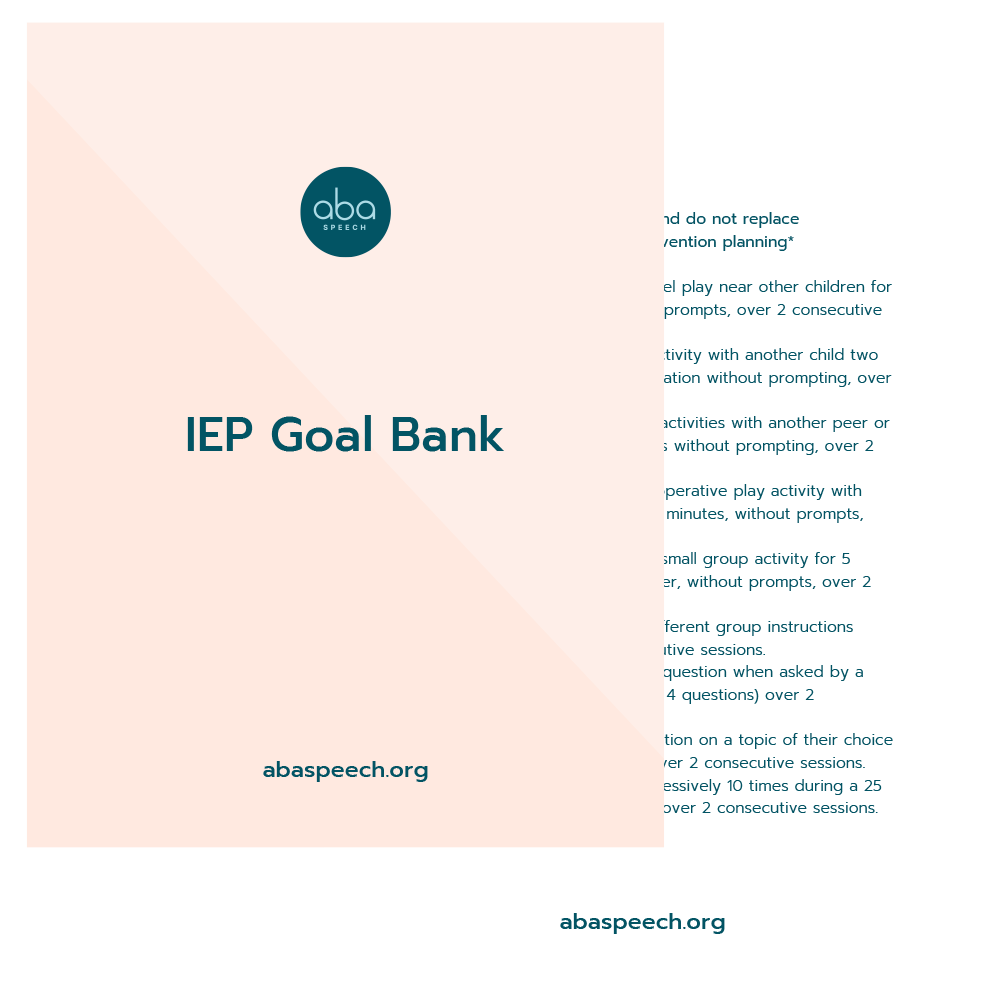
One look at the kids of today and you’re likely to find most of them with a gadget in their hands. But before you tell them to go outside and play, it’s important to understand that technology isn’t always a bad thing, especially for kids with speech or developmental disabilities.
In truth, technology has helped revolutionize speech therapy as we know it. According to researchers from La Trobe University, speech therapy apps and software are able to provide a more accessible and equally reliable option for speech therapy. It’s also a fun way for kids to learn outside of formal therapy sessions. Of course, while some of them come in the form of games, these apps are not just for leisure. In those crucial developmental years, setting aside some time to engage with speech therapy apps will definitely go a long way in helping kids with their growth. Leading psychologists from Maryville University state there is an undeniable link between learning success and mental health, as new studies are starting to find out. If a child is able to pick up on these skills, it usually means that they will stand a better chance at developing their mental abilities. This in turn, will help them attain their goals later on in life.
That said, here are some apps that Speech Language Pathologists can use as tools to help their patients.
Sentence Builder
Before they can write, kids must know how to build sentences that make sense. They need to understand how to place verbs and use tenses correctly. In this regard, Sentence Builder assists them in building grammatically correct sentences, paying extra attention into using connector words in the correct manner. That way, they aren’t just stringing random words together, but are constructing complete and understandable ideas.
Fill In The Blank Nouns
Using visual prompts that help students participate in sentence completion tasks, Fill in the Blank Nouns is an app designed for kids who have difficulties with their expressive language skills. Because it is developed by Speech Language Pathologists, the app is highly effective and provides an evidence-based teaching strategy that is perfect for the classroom. Once mastered, students should be able to answer questions and complete sentences more independently.
ConversationBuilderTeen
Making conversation might seem like the most natural thing in the world, but former teacher Amanda Morin shares that kids with social or learning disabilities might not find it as easy. But conversation is integral to communication and building relationships, so ConversationBuilder is designed to simulate conversations so children and teens can practice communicating in a variety of social settings. The auditory pattern of conversation makes use of visual formats so students can conveniently recognize the flow of a conversation.
The Social Express
Of course, communication isn’t just words. The Social Express is an interactive software built for children with Autism, Asperger’s, ADHD, and other nonverbal learning disabilities. Using a series of lessons with increasing difficulty, it helps children comprehend the unspoken rules and cues of social situations.
Articulate It!
Articulate It! is useful for busy Speech Language Therapists because it makes planning articulation therapy a breeze. Designed for children with speech delays, it contains over a thousand pictures in all sounds of the English language, including voice recordings. Meanwhile, its certificate feature allows teachers to print a certificate every time a child masters a sound or reaches a new level. The affirmation gives them a nice motivating boost.
Toontastic: All Access
For a more creative approach to learning, Toontastic: All Access lets kids draw, animate, and share their own cartoons while honing their speech and language skills. Though it isn’t built for speech and language specifically, Speech Language Pathologists have found it useful in encouraging kids to use their imagination, especially those who are visual learners.
Article written for abaspeech.org
By Eliza Therese

0 Comments